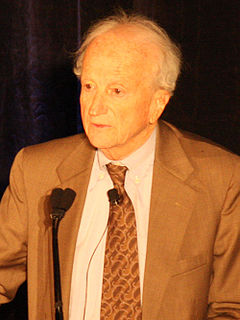A Quote by Tim Allen
Women now have choices. They can be married, not married, have a job, not have a job, be married with children, unmarried with children. Men have the same choice we've always had: work, or prison.
Related Quotes
I didn't major in anthropology in college, but I do feel I had an education in different cultures very early on. My parents divorced when I was eleven, and my father immediately married a woman with three children and was with her for five years. When they got divorced, he immediately married a woman with four children. In the meantime, my mother married a man who had seven children. So I was going from one family to another between the ages of eleven and eighteen.
Marriage should not be a goal; it should be a choice. One choice available out of many recognized as valid by society. But it isn't. Not yet. Right now, as far as society is concerned, you are married or you are not yet married. And as that notion becomes further codified our freedom to make other choices steadily erodes.
Married women are far more depressed than married men - in unhappy marriages, three times more; and - interestingly - in happy marriages, five times more. In truth, it is men who are thriving in marriage, now as always, and who show symptoms of psychological and physical distress outside it. Not only their emotional well-being but their very lives, some studies say, depend on being married!
Women have always been more critical of marriage than men. The great mysterious irony of it is - at least it's the stereotype - that women want to get married and men are trying to avoid it. Marriage doesn't benefit women as much as men, and it never has. And women, once they are married, become very critical of marriages in a way that men don't.
As a single couple, we are no longer able to hang around with married couples 'cause they cannot be in our presence without getting very annoying. It's always like, 'So, when are you guys getting married? Huh? When are you getting married? When are you guys getting married?!' I dunno, you're married - when are you gonna die? You're already married, death will be next. When are you gonna die?
The money men make from their willingness to work the least desirable hours is not a sign of discrimination against women, but a sign of the willingness of mostly married men to lose sleep to support the family as their wife loses sleep to feed the child. A willingness to do the uncomfortable shifts is one reason married men earn more than twice what never-married men earn. Men's contribution, made at night, need not be lost in the dark.


































